I am Danielle Siqueira, a master’s student in Environmental Pollution Management (Ecotoxicology). I would like to tell you about my studies and career, and how I as a geologist, became a study director of chronic tests with honeybees.
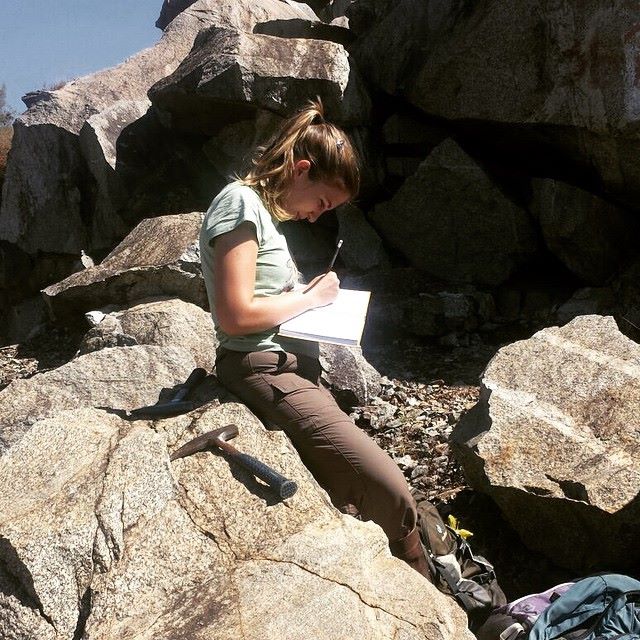
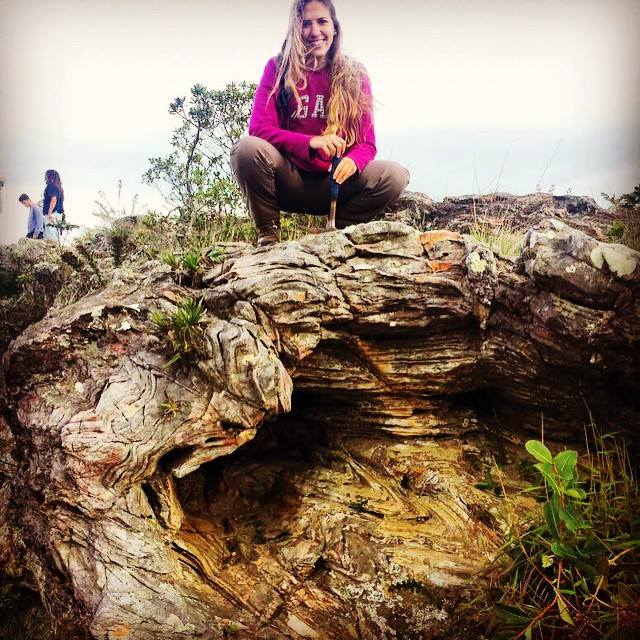
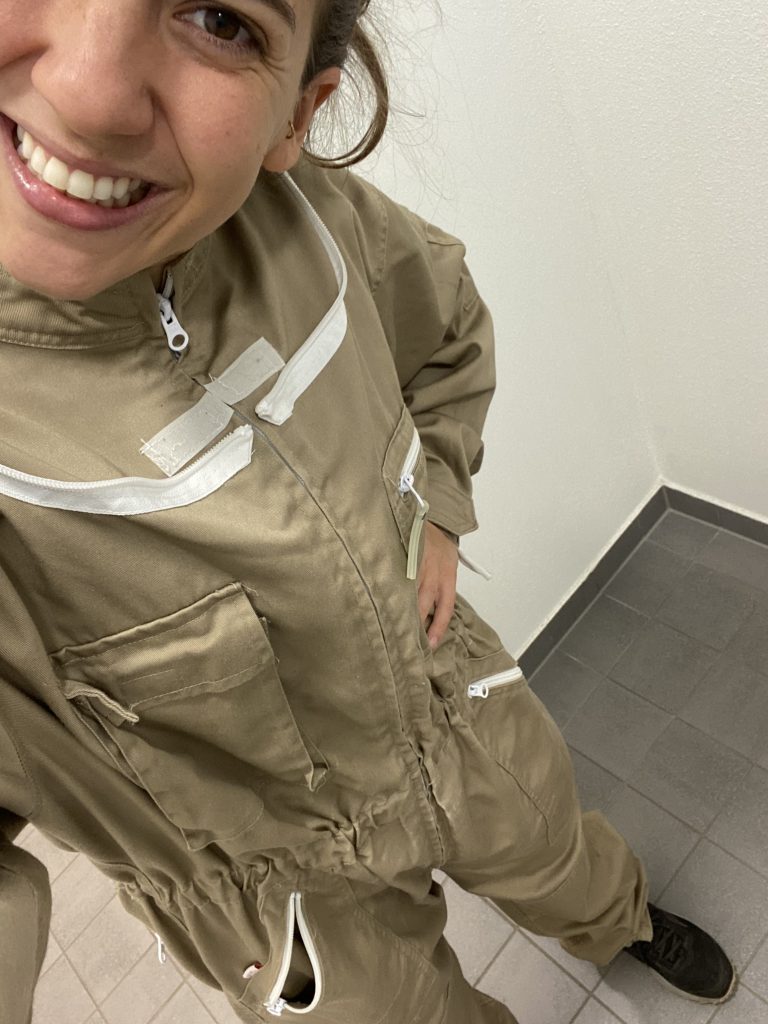
I was always passionate about nature, chemistry, and insects. At that time, when I was studying to be accepted at a public university in Brazil, I didn’t really know what to choose or how to combine the topics. Not knowing what to do, I decided to study geology, which I also really enjoyed. Then, in the third year of my bachelor’s (a bachelor’s in Brazil normally takes 5 years), a professor told me about a student job opportunity in a new laboratory to work with soil contamination, due to, for example, mining accidents and sewage sludge, and to assess the toxicity using earthworms. I loved the idea from the beginning, and I applied for it. I was accepted and worked for this ecotoxicology lab for 6 years, including my bachelor’s and master’s studies. There we performed several tests using earthworms and collembola.
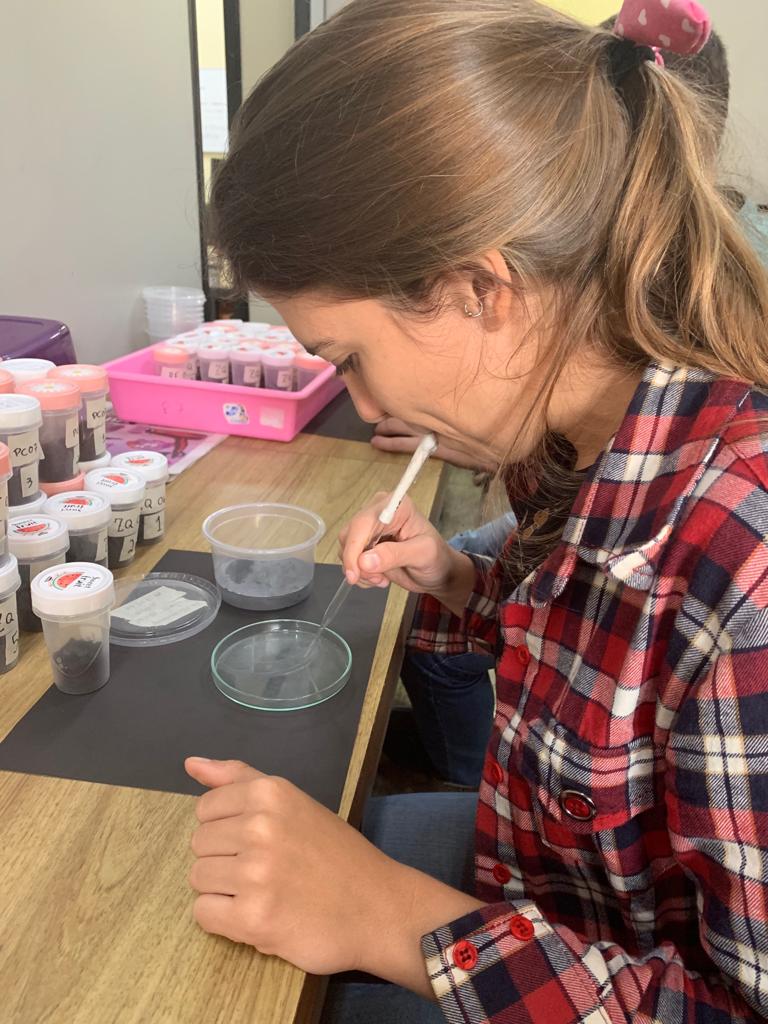
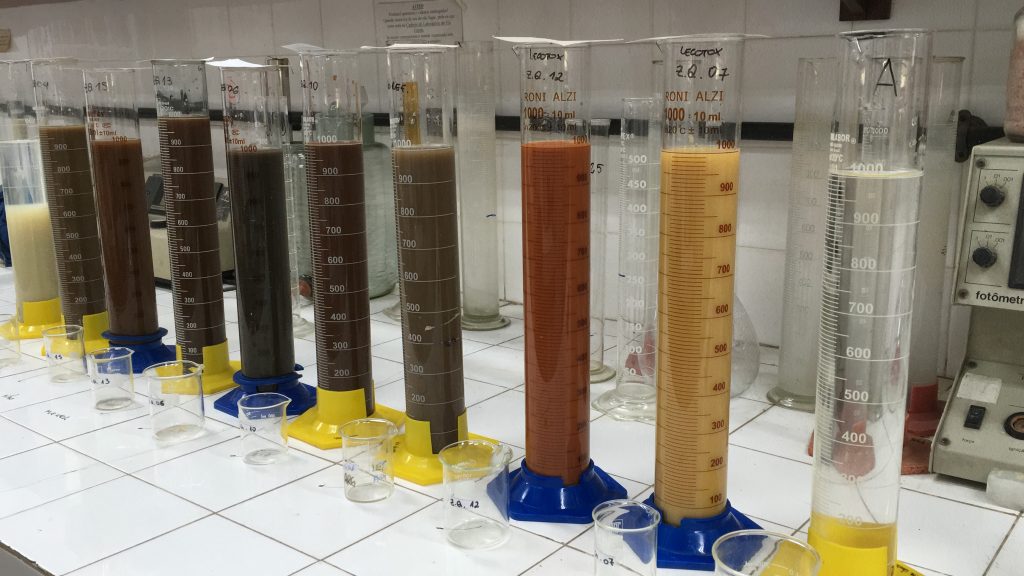
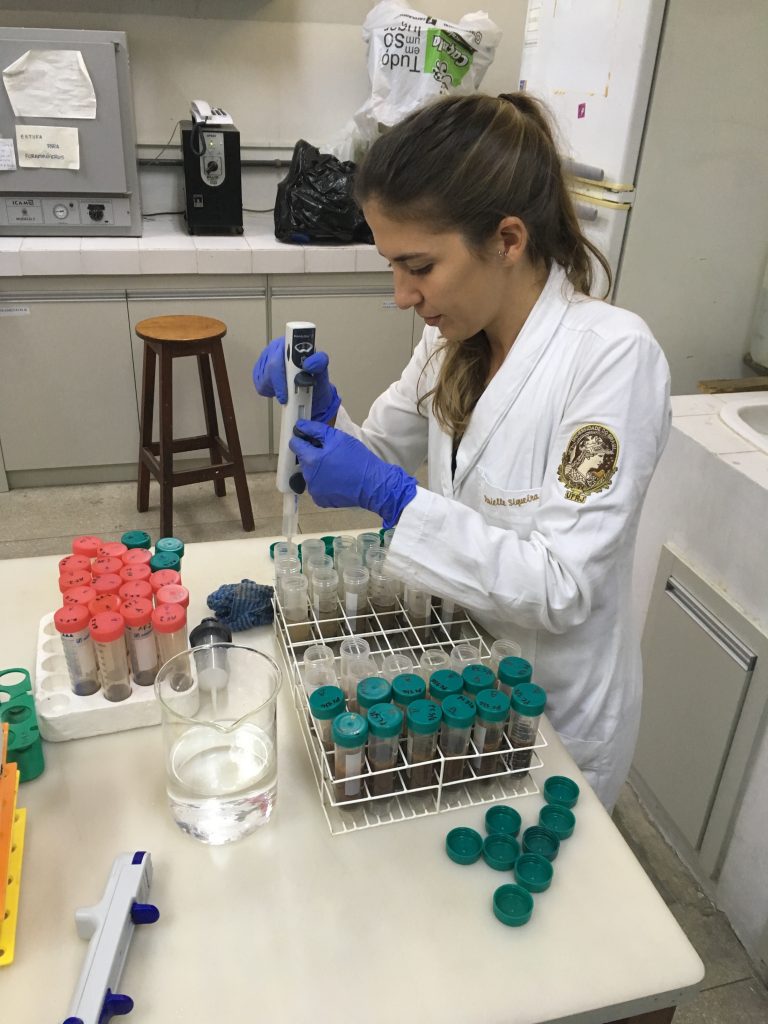
At the end of my master’s in Brazil I wanted to live in Germany again (I was an exchange student in Germany when I was a teenager) and to work with ecotoxicology there. Once, during my studies in Brazil, a professor told me “Maybe you should present this paper in another department because this is not for geologists”. I got sad about it, and I told him that I would show the new students that we can be more than we think we are able to. At the end of my studies in Brazil, I did not feel prepared for it, because I had the experience but not the studies in the field. Therefore, I started to search on the internet for a master’s related to ecotoxicology and, for my luck, I found this one.
During my master’s, I had great opportunities in Germany, which I am very glad about. In the second semester of my master’s, I was accepted to do an internship at Helmholtz Centre for Environmental Research (UFZ) in cooperation with the International Centre of Insect Physiology and Ecology – ICIPE, with the SENTINEL II project in Kenya. I spent almost 3 months in Mbita, Kenya working in the human health department of ICIPE with host snails for schistosomiasis disease. This internship was one of the best things I have done in my life, and I will carry those beautiful moments with me forever.
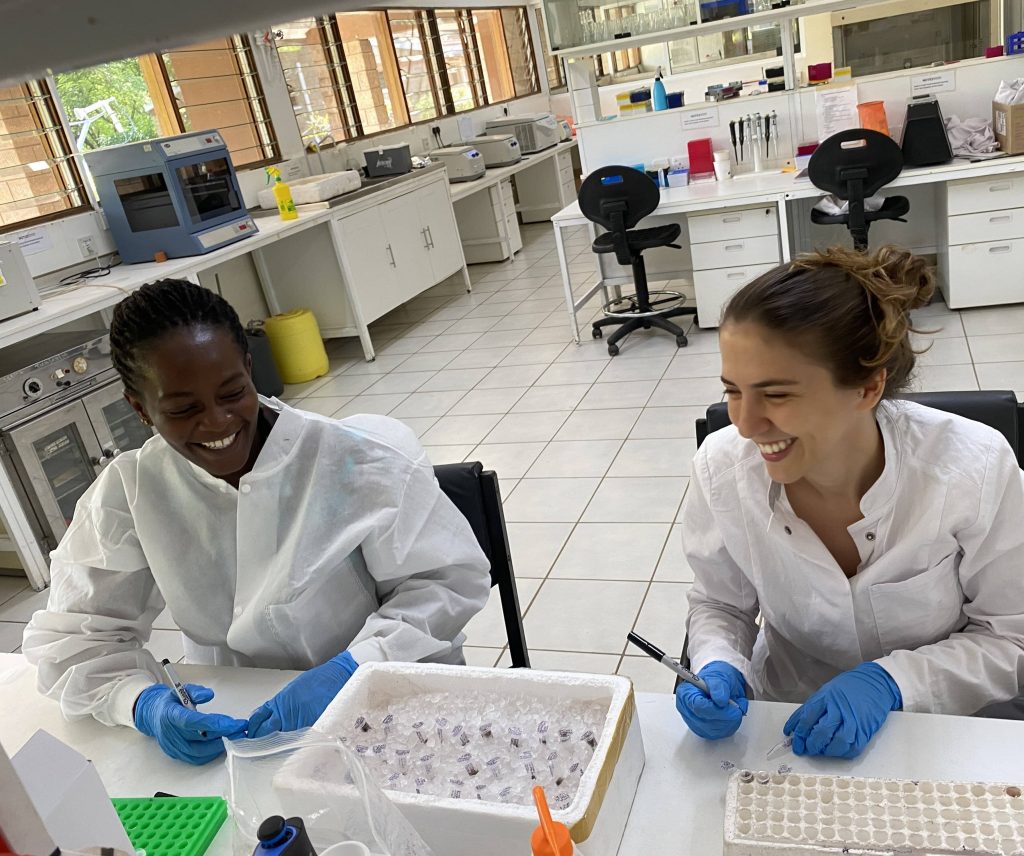
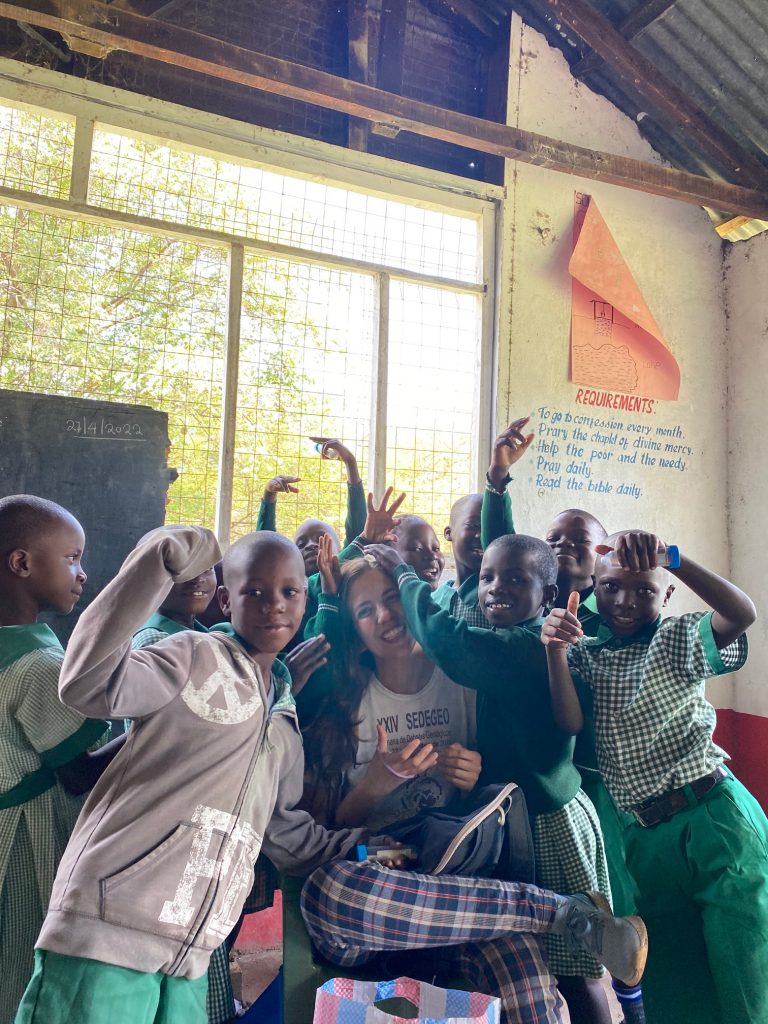
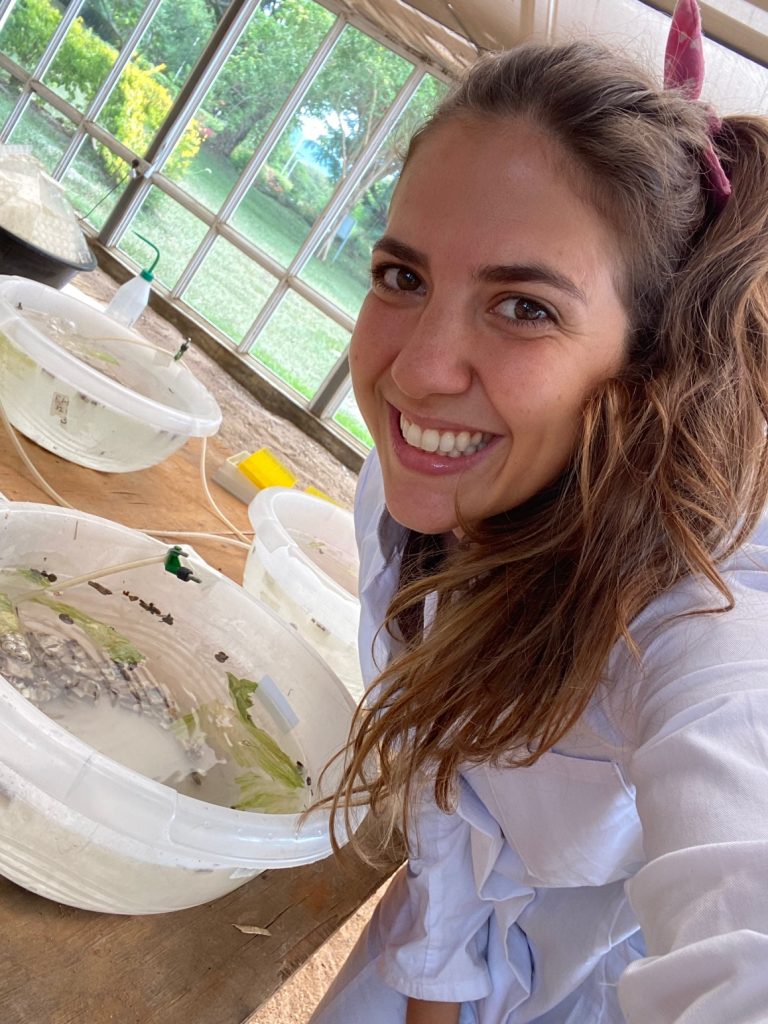
After this internship, I did a second one during 3 months at BioChem agrar at the pollinators department performing toxicity studies according to the related OECD guidelines. This second internship ended up being my AMEO, a mandatory internship for all ecotoxicology students.
The master’s in Environmental Pollution Management (Ecotoxicology) gave me enough base and structure to achieve my goal. Nowadays I am a study director at BioChem agrar and I work in the bee department conducting chronic tests with honeybees under GLP principles and I must say that I love my job. So, if I could give you some advice for your successful career in Germany, I would say: be open to new opportunities, be hardworking, study German, and always believe in yourself.
